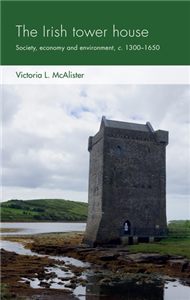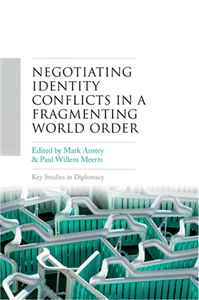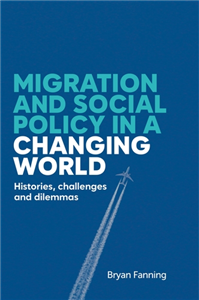Guangdong People's Publishing House Ltd.
Guangdong People’s Publishing House (GPPH), founded in 1951, has the longest history among 20 publishing houses in Guangdong Province. We are a comprehensive publishing house, consisting of independent editorial departments on Social Science, History, Politics, Culture, Education and etc. We have published over 20,000 different kinds of books in the past 60 years with a rough estimation of over 800 million copies. More than 790 titles have won national and provincial awards. From 1997 to 2004, GPPH has successively won the National Book Award, the Five-Ones Project Award and the China Book Award. Many best-selling titles have won favor of readers as well as good reputation in academic circles. GPPH has also been honored as “Good Publishing House” by the General Administration of Press (GAP) many times. In 2006, GPPH has been awarded as one of “the pioneering publishing houses in copyright trade” by the State Copyright Bureau. As for copyright trading, we have already cooperated with publishers from many countries, buying and selling book copyrights with a wide range of genre. Our most popular titles includes: Concise History of Chinese Family, What is the China Dream, Brief Introduction of Chinese Classical Philosophy, etc.
View Rights Portal




























